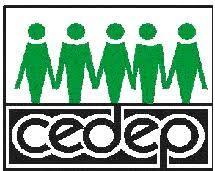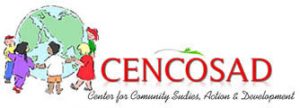Alliance for Reproductive Health Rights - About us
The Alliance for Reproductive Health Rights (ARHR) is a membership-based Ghanaian non-governmental organization (NGO), established in 2004, promoting a rights-based approach to reproductive, maternal, newborn, child, and adolescent health (RMNCAH) through advocacy, research, and capacity building.
Made up of over 25 active NGOs and Community-Based Organizations (CBOs), ARHR has a multitier structure comprising a Secretariat that coordinates the activities of all members and partners across Ghana’s 16 Regions and is overseen by an Advisory Board. An Executive Director heads the Secretariat with highly efficient technical staff and is supported by three zonal coordinating organizations.
ARHR’s work acknowledges that RMNCAH outcomes are a function of strengthened health systems. Improvements in RMNCAH outcomes are conceptualized from a systems perspective; recognizing Primary Health Care (PHC) as a strategic pathway and foundation to strengthening health systems to achieve Universal Health Coverage (UHC) in Ghana.
Given that, ARHR advocates for strengthened primary health care systems and financing to ensure that women, children, and adolescents can access the health care they need without falling into financial hardship.
As an organization, the ARHR affirms:
We work to ensure that women, children and adolescents health is achieved through Advocacy, Research and Capacity Building for inclusive, responsive, accountable and equitable delivery of health services.
A society in which universal health coverage is achieved.
- Gender equality.
- Mutual respect, participation and consensus building.
- Equity, transparency and accountability.
- The state has the obligation to respect, fulfill and protect the rights of citizens.
- Community sovereignty and empowerment
Our Partners
The Integrated Social Development Centre (ISODEC)

The Centre for the Development of People (CEDEP)

